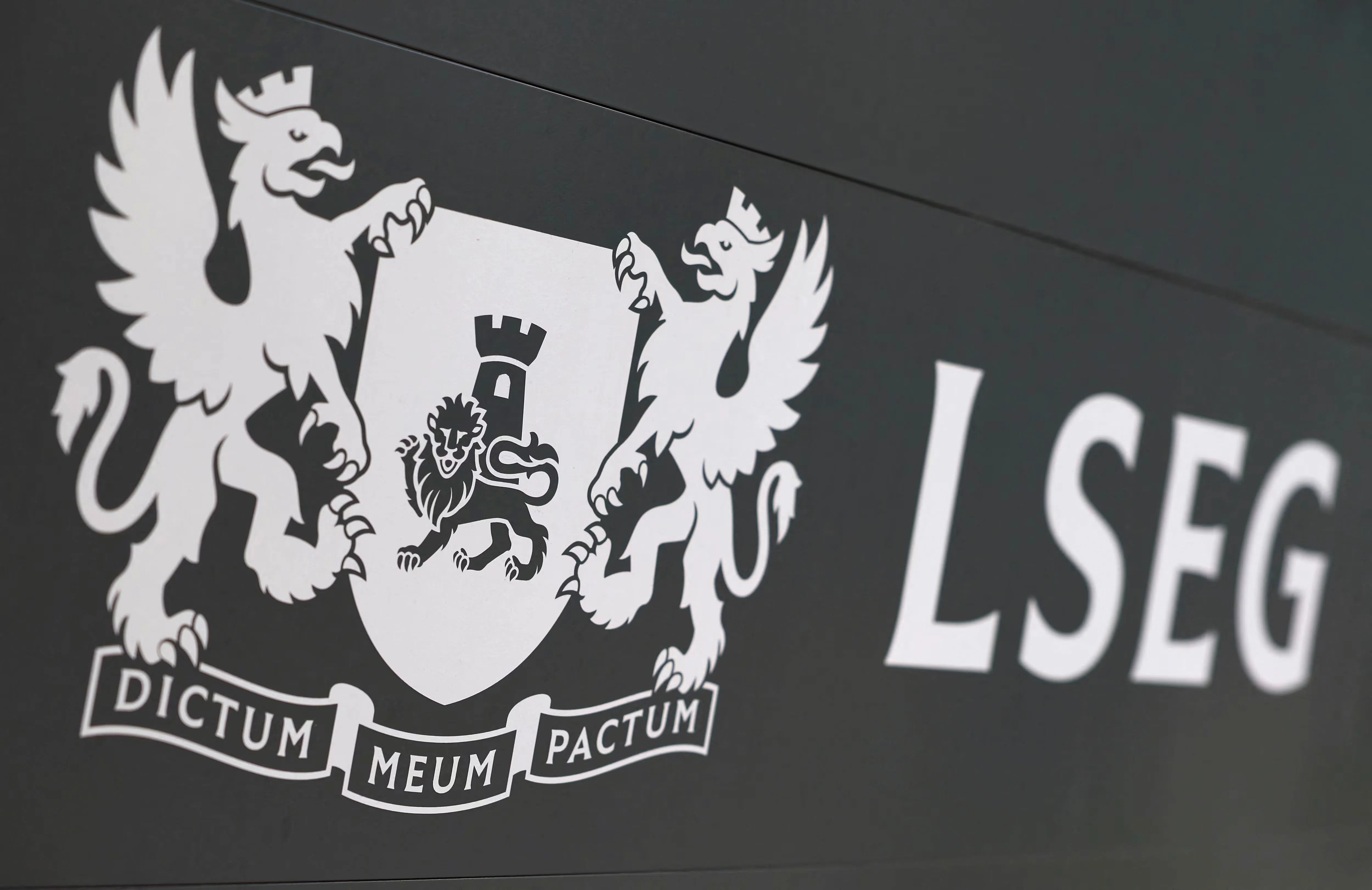DONALD Trump’s push to restrict US investments in China is testing what in theory should be an ironclad financial relationship – the tight link between Chinese shares trading in New York and Hong Kong.
Alibaba Group Holding’s US shares traded at an average 2.1 per cent discount to those in Hong Kong last week – at one point reaching the widest since 2022. A similar pattern appeared for Baidu and NetEase, with their American depositary receipts (ADRs) trading at their cheapest against Hong Kong peers in five months.
The divergence, which follows Trump’s Feb 21 directive to tighten scrutiny of pension funds’ investments into Chinese stocks, is an aberration that some analysts warn could become more common as the US president takes an increasingly hawkish stance towards China.
While arbitrageurs have strong incentives to keep prices in the two markets aligned, investor flows can vary dramatically if US institutions face regulatory pressure to sell at a time when counterparts in Hong Kong are buying on optimism over the artificial intelligence boom. It points to what could become a longer-term trend of financial decoupling between the world’s two largest economies.
“If any US policy requires certain types of US investors to divest their holding in certain Chinese stocks, and as US investors’ positions are more concentrated in ADRs, ADRs could see persistent flow-selling,” said Winnie Wu, chief China equity strategist of BofA Securities in Hong Kong. “Hong Kong shares could be relatively immune.”
While a midweek surge in ADRs – following Beijing’s forceful economic growth goal and a promise to prioritise consumption – has reduced their discount for this week, the gap could widen should Trump amp up his tough stance against China.
BT in your inbox
Start and end each day with the latest news stories and analyses delivered straight to your inbox.
On Friday, Alibaba’s Hong Kong-listed shares edged lower, erasing a gain of as much as 3.6 per cent in Hong Kong. Still, its stock has rallied around 80 per cent since a January low. Meanwhile, its American Depositary Receipts rose 3.2 per cent.
Investors are reminded of the episode in 2022, when bilateral tensions pushed Chinese firms to the brink of a mass delisting from US exchanges. That year, Alibaba’s shares in New York traded at a discount more frequently than at a premium to those in Hong Kong, at one point widening to nearly 8 per cent.
Delisting risks have eased after US auditors were granted greater access to Chinese firms’ documents, but that has not dissuaded investors from hedging their bets. Around 69.11 per cent of Alibaba’s shares were circulating in Hong Kong’s clearing and settling system as at Tuesday, according to exchange data, as holders shifted holdings into the financial hub. That’s up from 66.88 per cent a year ago.
Over the longer-term, Chinese shares in New York and Hong Kong have been priced more or less in tandem given the shares’ fungibility. The five-year average is a 0.1 per cent discount for Alibaba ADRs.
Some investors had been downplaying Sino-American tensions as the rise of DeepSeek injected new life into Chinese stocks. That optimism was given a reality check following the release of Trump’s “America First Investment Policy” memo, which potentially calls into doubt the “variable interest entity” structure that underpins many Chinese listings in the US.
The Hang Seng China Enterprises Index and the Nasdaq Golden Dragon China Index were rallying in lockstep this year before a bigger plunge in the latter last week allowed the Hong Kong gauge to outperform by about four percentage points.
While global investors have reason to spurn ADRs, shares in Hong Kong are supported by an influx of money from mainland buyers. Southbound flows have reached HK$302 billion (S$52 billion) this year.
“If US policies further escalate scrutiny on VIE structures or impose additional restrictions, we could see sustained dislocations between ADRs and Hong Kong-listed shares, with broader market implications including a continued shift of liquidity and investor focus towards Hong Kong,” said Andy Wong, Investment and ESG director for Asia-Pacific at Solomons Group in Sydney. BLOOMBERG







